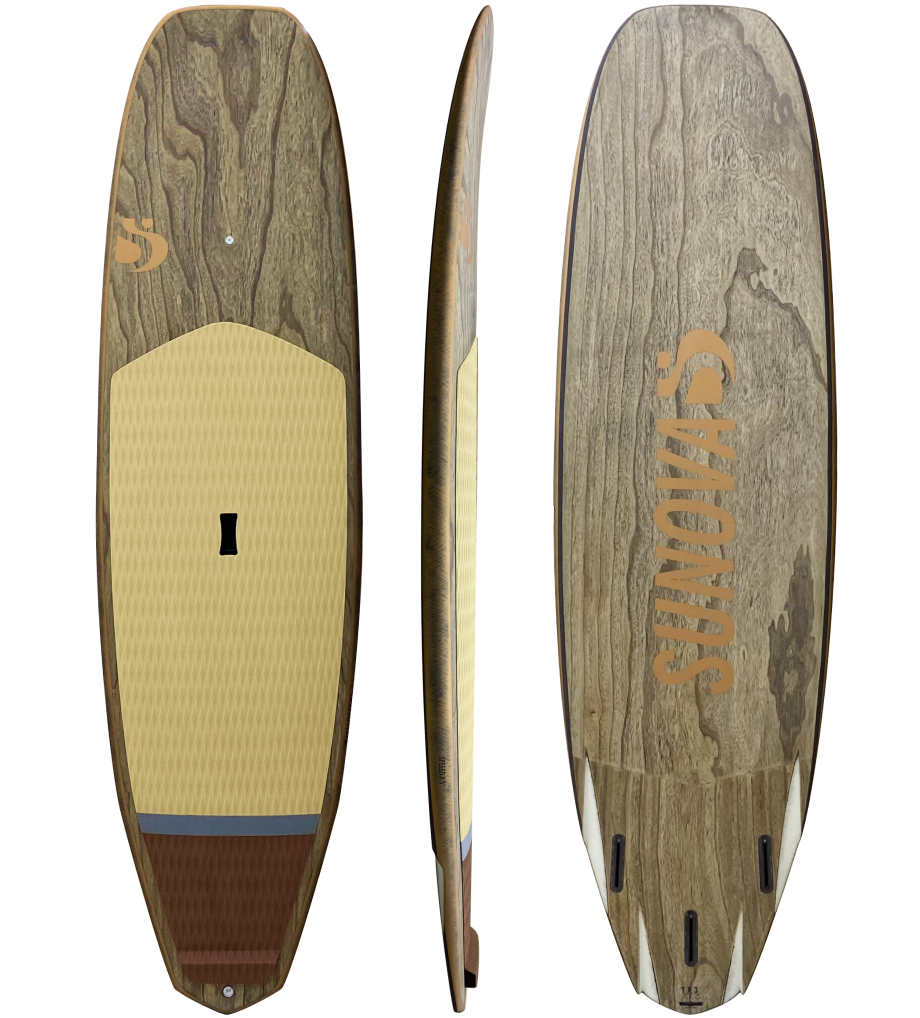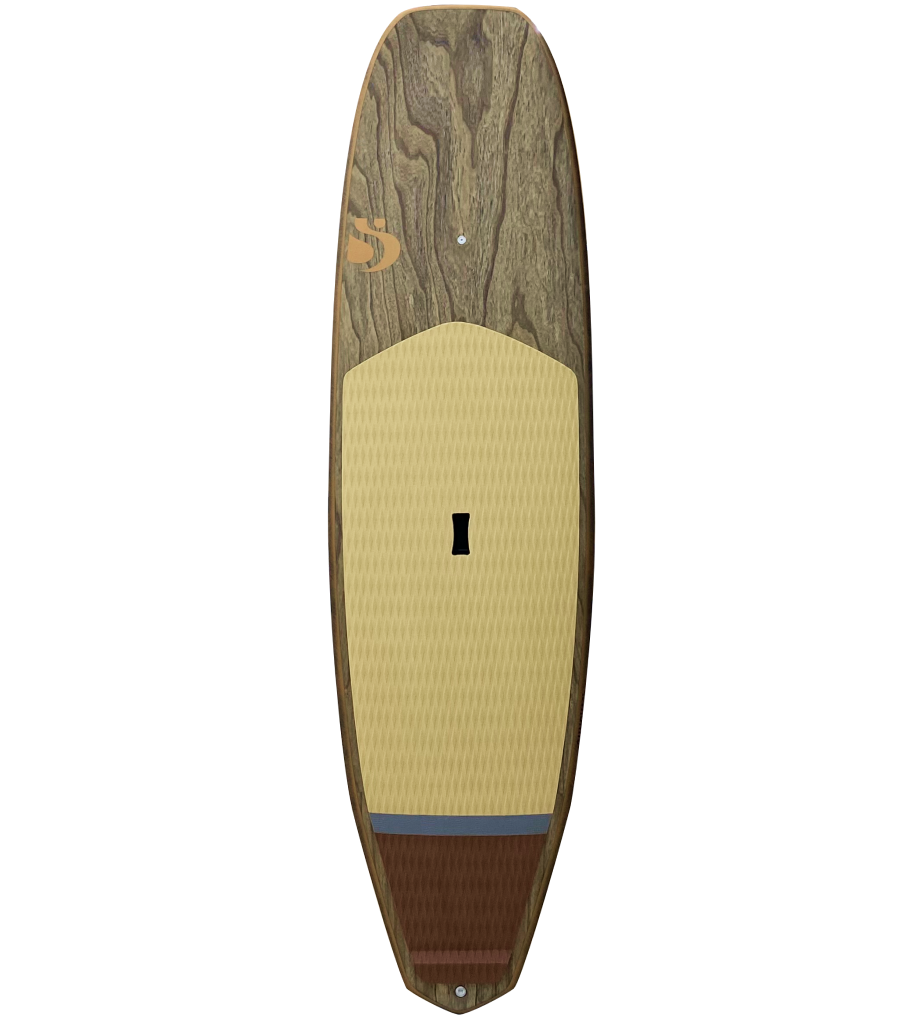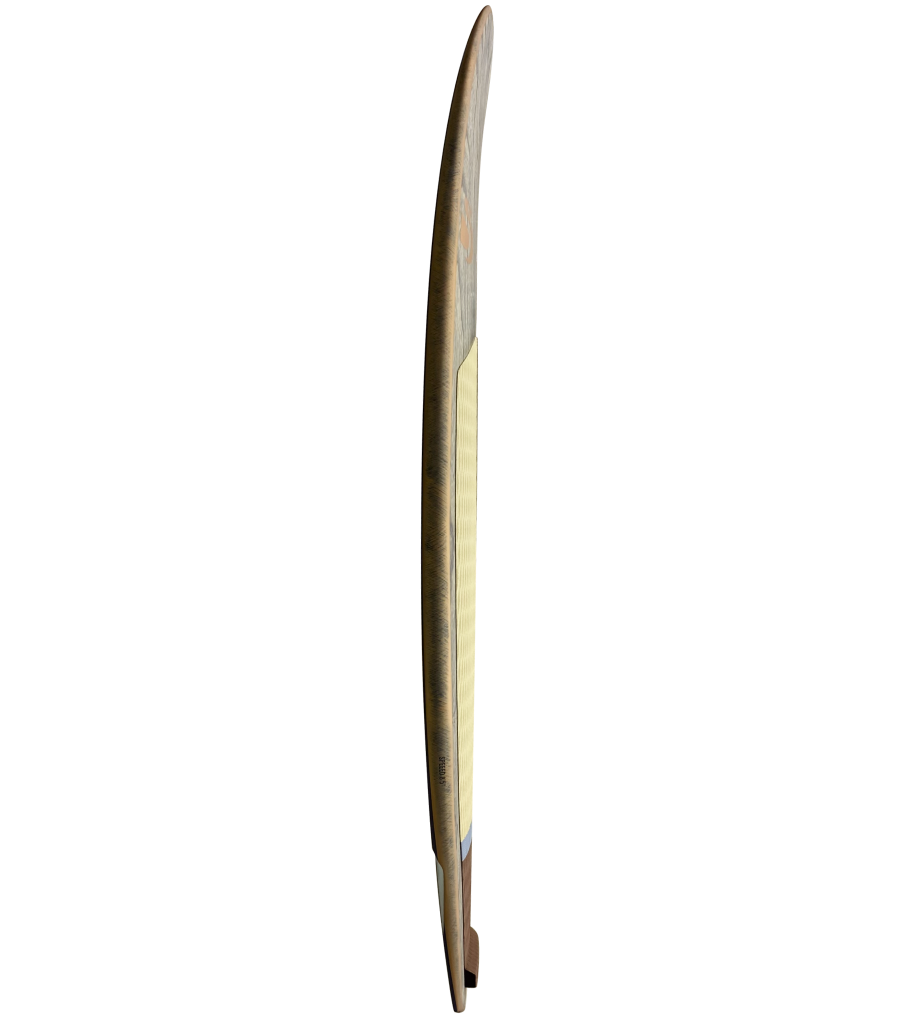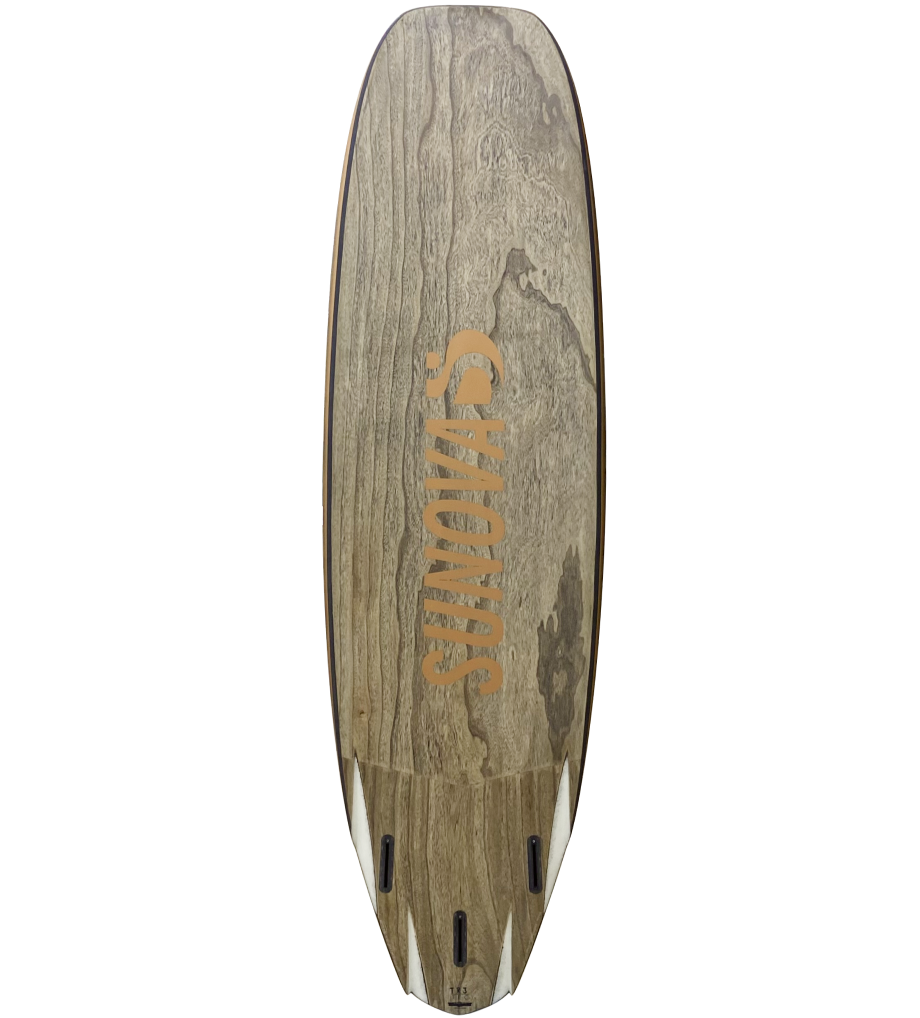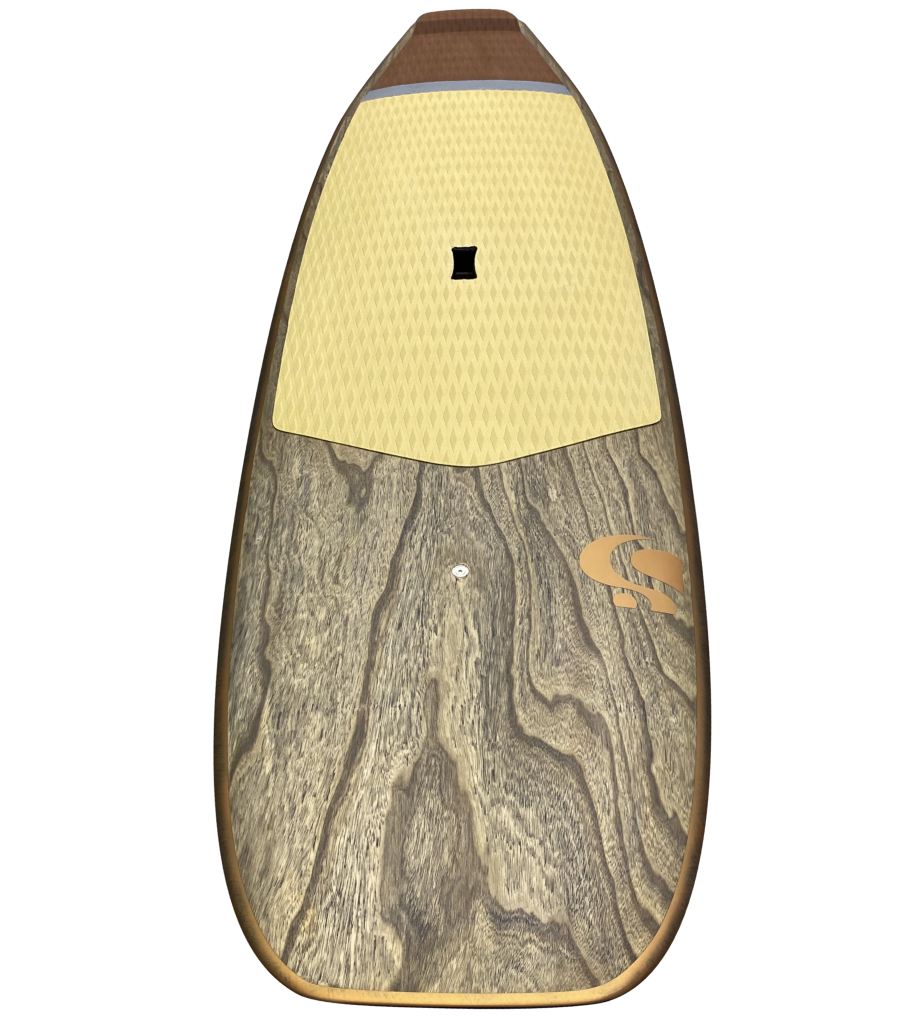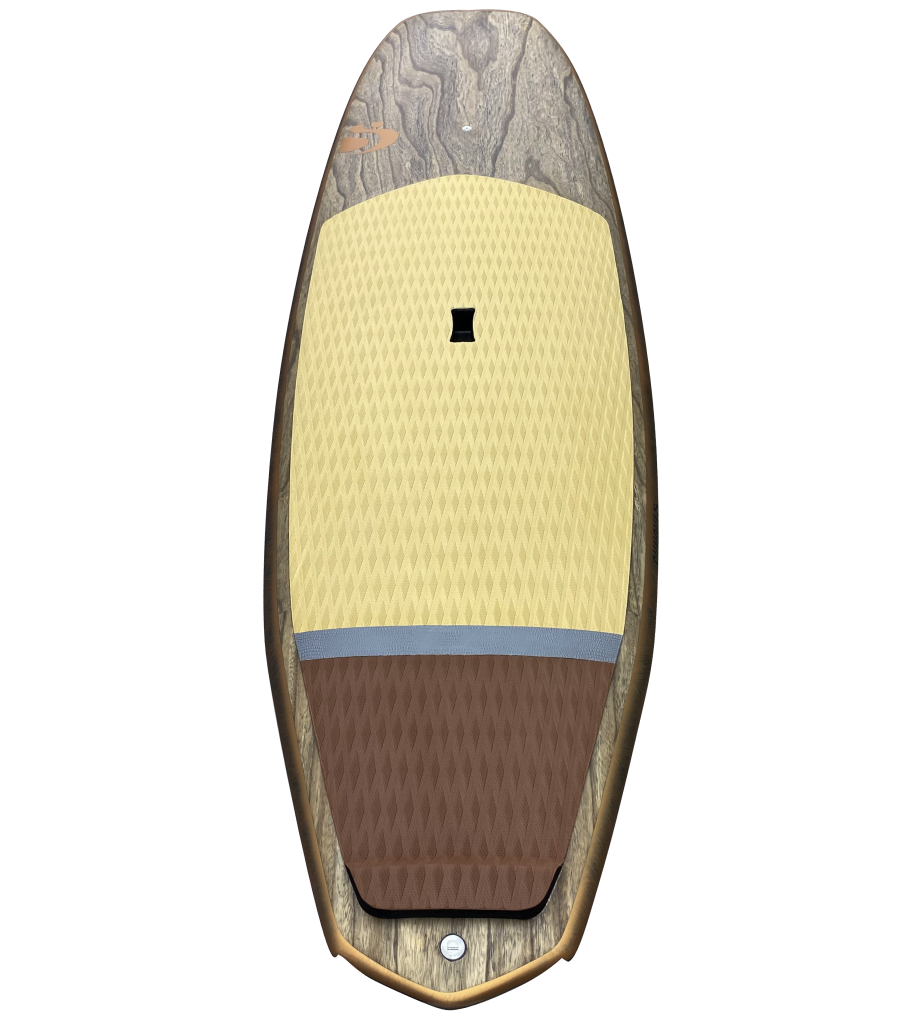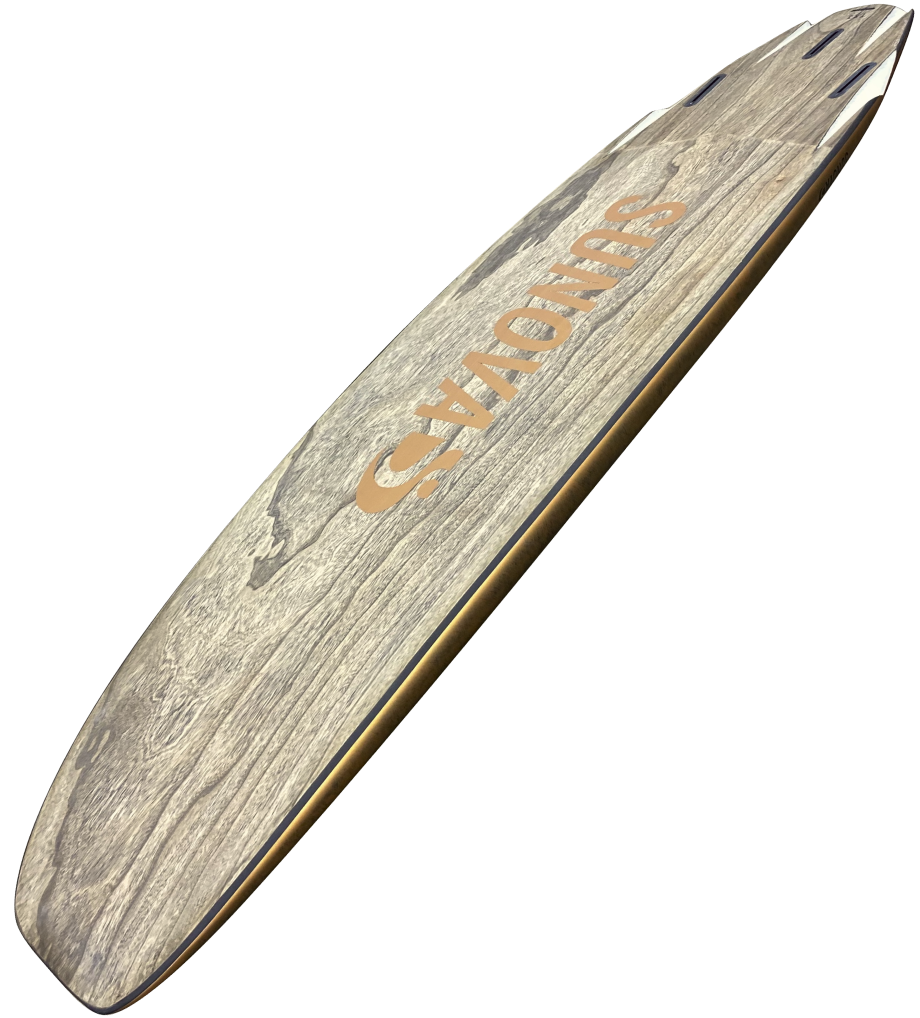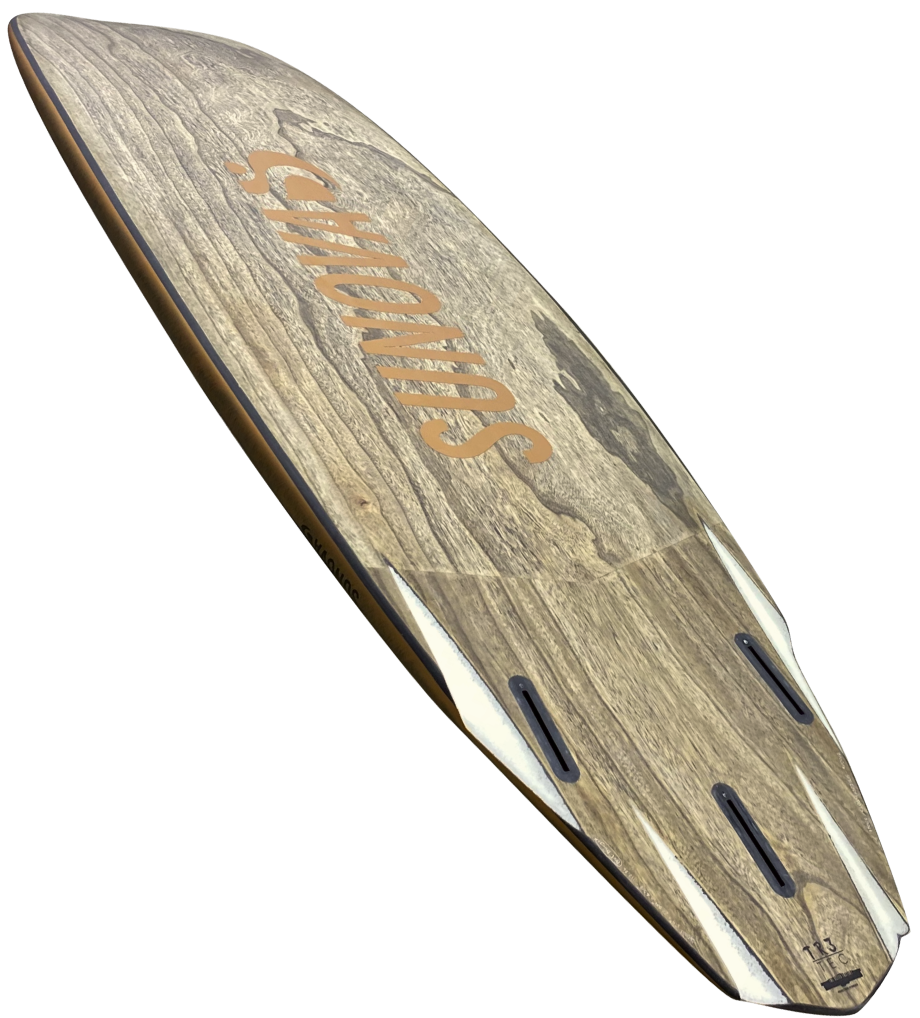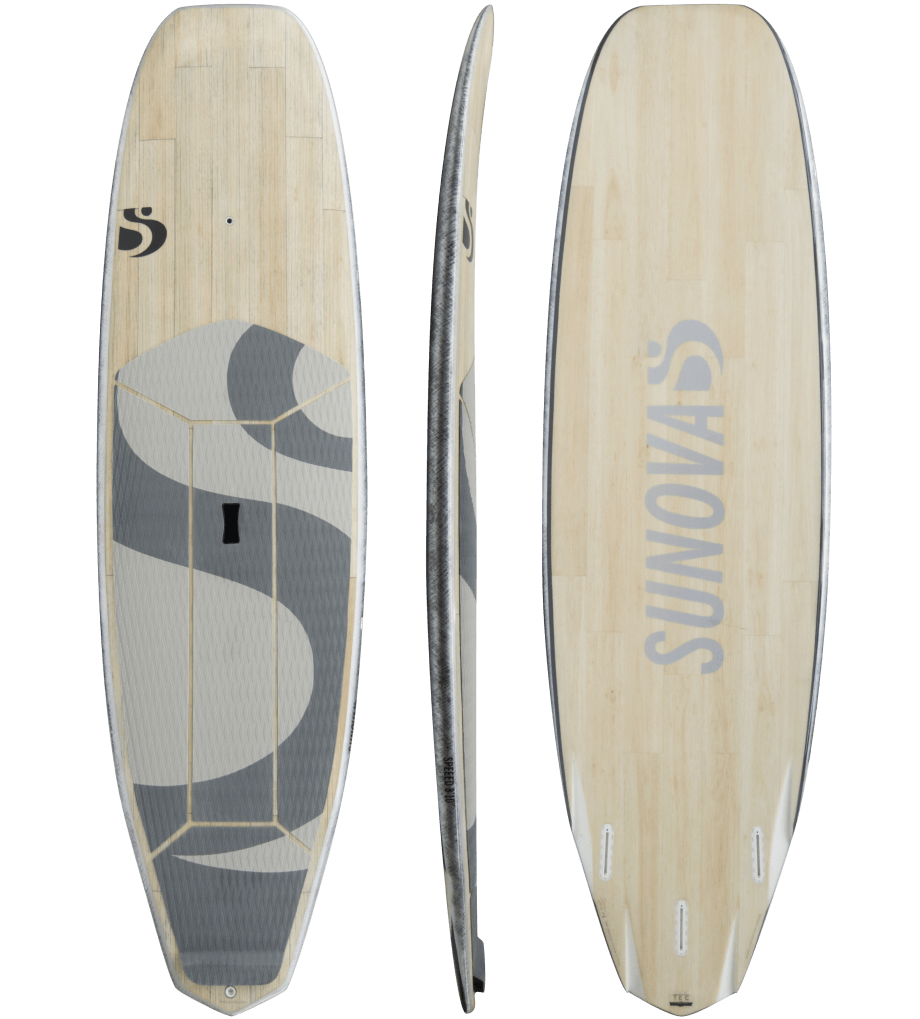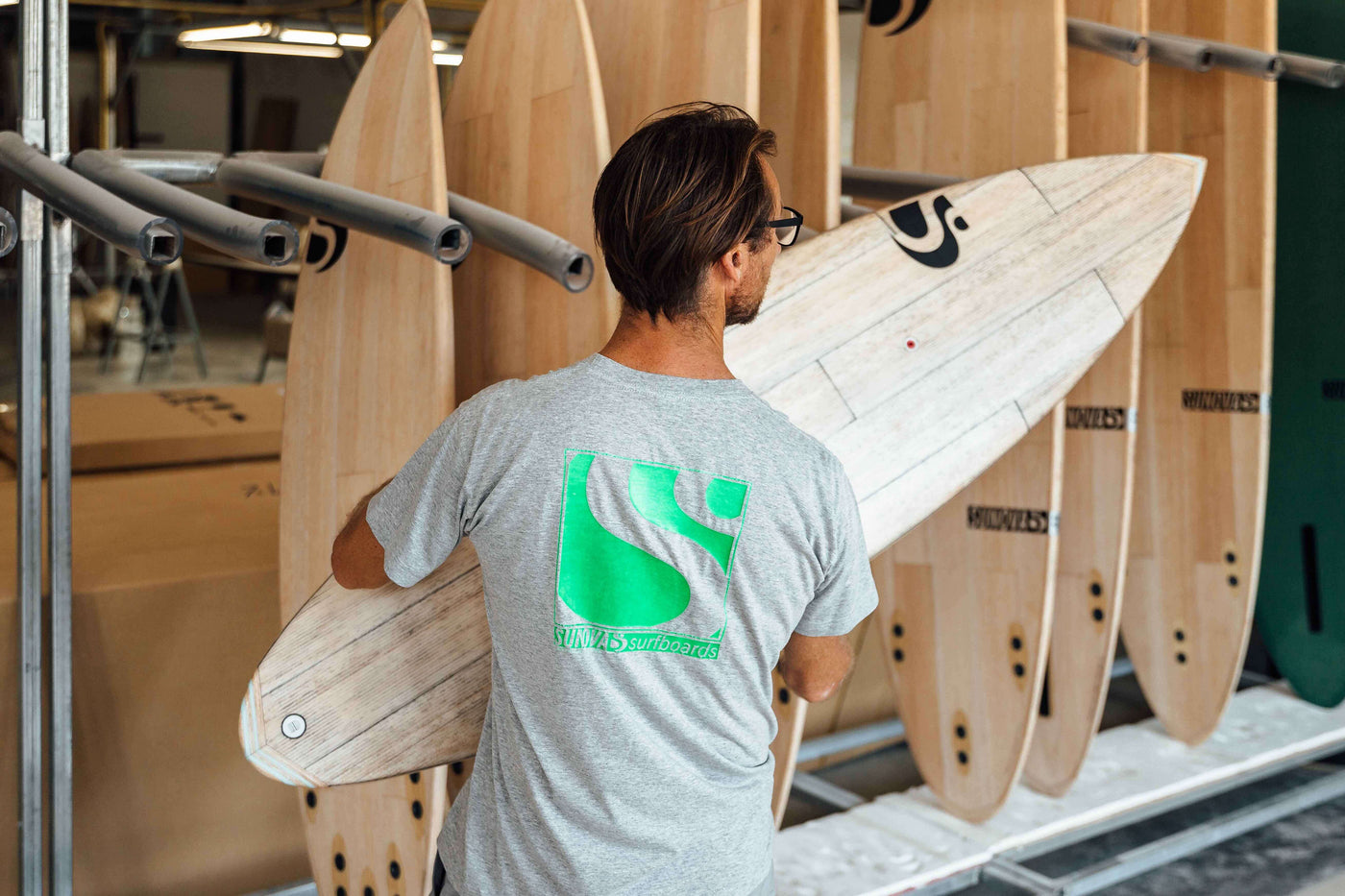Speeed
THE SPEEED is really almost like 2 separate boards. With its super straight outline, it’s made to fly. It picks up speed incredibly easily, but with the super aggressive hip, it is ridiculously maneuverable and basically allows the rider to throw the board around on pure thought! It’s amazing how this is even possible.
One of the most versatile shapes in our range and in general.
Fin Setup
Fin(s) included:
- Front fin(s): Yes
- Rear fin(s): no rear fin
- Center fin: Yes
Speeed - 7'11" x 26 1/8" x 4 1/8" @94L / TR3Tec will be shipped from Thailand Headquaters.
Couldn't load pickup availability
Delivery and Shipping
Delivery and Shipping
- Delivery within Europe: Products are in our EU warehouse and typically delivered within a week. Find more shipping information here.
- USA: Online orders are currently not available. Please check with a local retailer.
- AUSTRALIA: Online orders are currently not available. Please check with a local retailer.
ABOUT THE BOARD
ABOUT THE BOARD
SHAPE DETAILS | DESIGN INFO
SHAPE DETAILS | DESIGN INFO
Payment & Security
Payment methods
Your payment information is processed securely. We do not store credit card details nor have access to your credit card information.

Speeed - SUNOVA
Dimension Table
Dive deep into the shape dimensions
| Length | Nose Width | Width | Tail Width | Thickness | Volume (L) | Weight -/+ 8% (kg) |
|---|---|---|---|---|---|---|
| 7'11" | 21 11/16" | 26 1/8" | 16 3/4" | 4 1/8" | 94 L | 6.7 kg |
| 8'2" | 22 5/16" | 27" | 17 1/16" | 4 1/4" | 103.4 L | 6.95 kg |
| 8'5" | 22 3/4" | 27 3/4" | 17 3/8" | 4 3/8" | 112.8 L | 7.62 kg |
| 8'8" | 23 1/4" | 28 1/2" | 17 11/16" | 4 1/2" | 123.1 L | 7.93 kg |
| 8'10" | 23 11/16" | 29 1/8" | 17 13/16" | 4 5/8" | 130 L | 8.2 kg |
| 9'2" | 24 3/8" | 30 1/4" | 18 1/4" | 4 3/4" | 145.9 L | 8.84 kg |
| 9'5" | 24 7/8" | 31 1/16" | 18 9/16" | 4 7/8" | 160.3 L | 9.61 kg |
| 9'11" | 25 15/16" | 32 11/16" | 19 3/16" | 4 3/4" | 173.9 L | 10.76 kg |
| 10'0" | 27 1/16" | 34" | 19 15/16" | 5" | 193 L | 10.76 kg |



